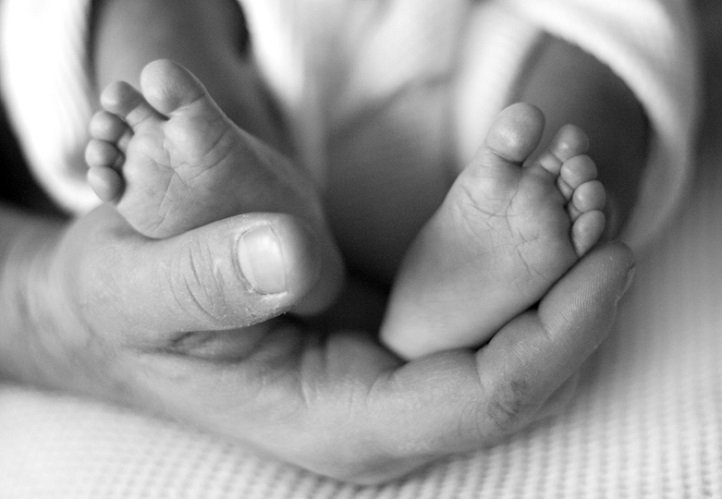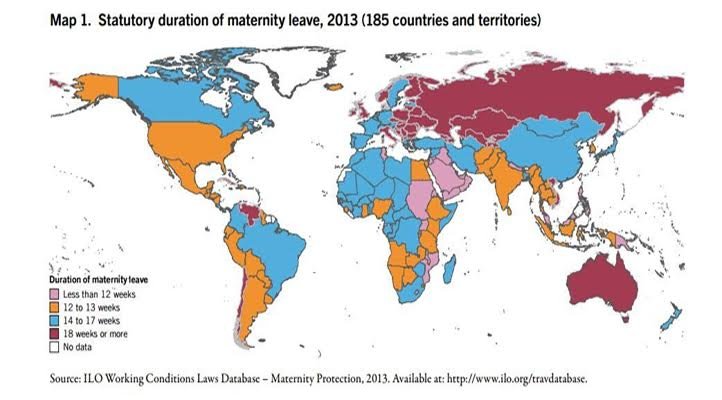A woman doctor working with the Presbyterian Church-run Dr H Gordon Roberts Hospital in Shillong has lost her job, because she is pregnant. Rachael RA Rapsang, the dental officer at the hospital, was allegedly terminated after she applied for a nine-month maternity leave.

Rapsang had submitted the leave application on May 13 to the medical superintendent, David D Tariang. However, on July 16, through an official letter, her request was denied.
“As such your service as a contract staff is automatically discontinued with effect from June 1, and the pay already drawn by you for June 15 is to be refunded,” Hindustan Times reported.
“Ours is not a private hospital where anybody can act on his or her own. This is not a case of termination but self-termination because no organisation would grant a person on a year’s contract leave for nine months. However, the doctor in question can reapply if she wants to,”said Tariang.

While Rapsang was not available for her comments, her colleagues maintain that she had been serving in the hospital for the past five years. The issue has also come under criticism from various women rights groups.
“An adult woman has every right to go the family way,” Tshering Yangi, a former member of Meghalaya State Commission for Women told Hindustan Times .
But before discussing the merits of Rapsang’s case, it is imperative to understand that the debate itself stands worthless as our country’s labour laws are obsolete and redundant with regard to maternity leaves.
According to our Constitution, the Maternity Benefit Act , 1961 has been described as “an Act to regulate the employment of women in certain establishment for certain period before and after child-birth and to provide for maternity benefit and certain other benefits.” The clause 5.3, Right to payment of maternity benefit, categorically states that the maximum period for which any woman shall be entitled to maternity benefit shall be twelve weeks, that is to say, six weeks up to and including the day of her delivery and six weeks immediately following that day.

The Act which was passed in 1961, has been amended several times. But the number of days sanctioned for maternity benefits remain the same despite many significant changes in the working sphere as long as gender roles are concerned, over the decades. A twelve weeks/three months leave is insufficient. However, there are no proper guidelines for paternity benefit rules till date.
Despite frequent appeals from activists and lawyers from all across the country over the issue, nothing concrete has been done so far.

However, there have been quite a few positives. In a first ever initiative, major finance organisation, Accenture India extended maternity leave benefits to five months of paid leave in May, this year.
Similarly, e-commerce giant, Flipkart , also announced 24 weeks paid leave plus four months of flexi-working hours for its employees in July.
The Jammu and Kashmir government also sanctioned a new provision where a women employee can avail a maximum period of 730 days of child care leave during her entire service.

















